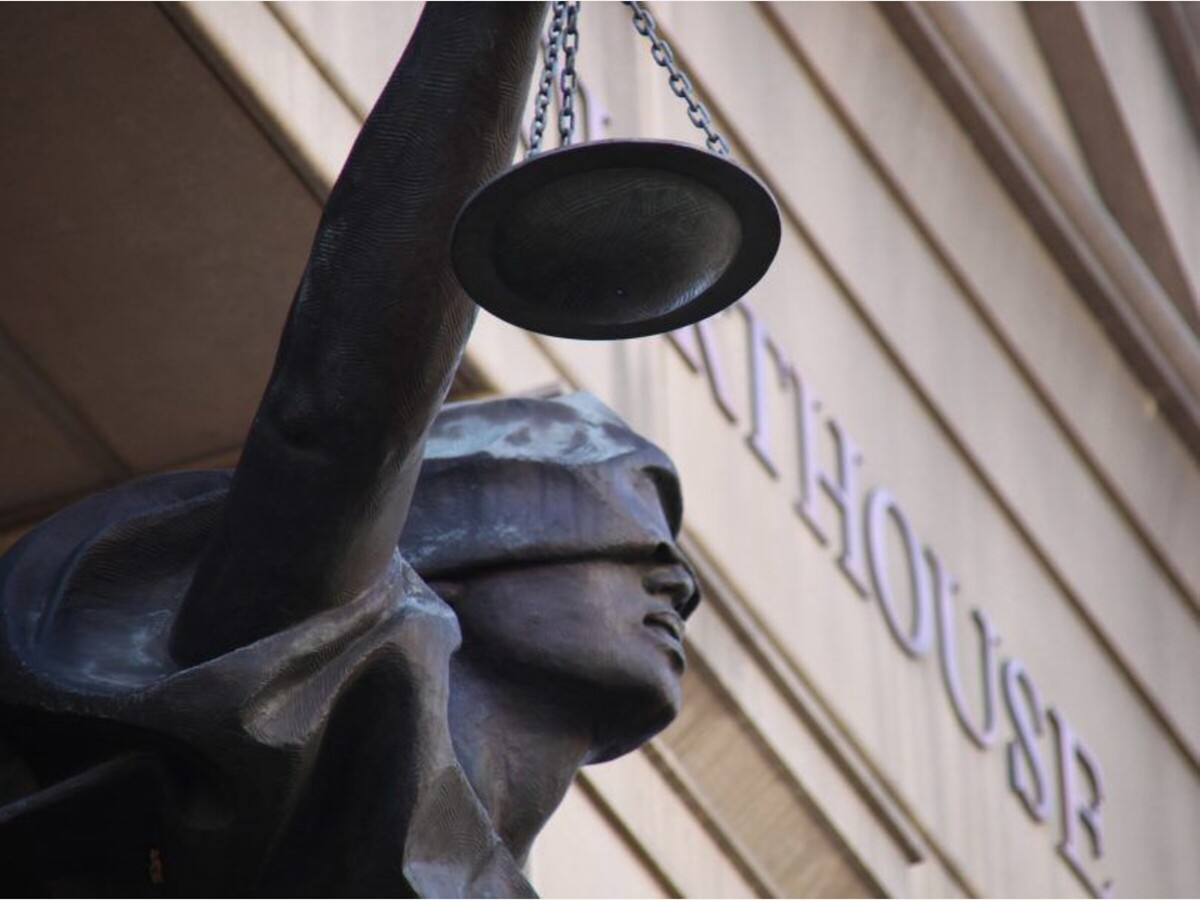Image


Robert Spoo, Publicbooks.org, wrote a literal dissertation on whether or not literature was a cure for the different variances of legal theories in this nation we call The United States of America, and here's my thought on it: YOU CANNOT TRANSLATE INFORMATION INTENDED FOR PEOPLE ON AN ADVANCED DOCTORAL LEVEL AND MAKE IT MAKE SENSE TO THE AVERAGE LAYPERSON, even if they ARE interested in the theory behind it.
Let's make it somewhat simple: Spoo lays out a premise for whether or not some of the great thinkers of his earlier ancestors in Greece and/or Rome were so ingenious that they could have been light years ahead of the judicial process as we now know it and laid a foundation for how laws should be made and interpreted. Put even simpler ... if you were watching an old episode of FRASIER right now and paid attention to the overbearing way that Frasier Crane and his younger brother Niles (actors Kelsey Grammer and David Hyde Pierce) interacted with other people and OVER-EXPLAINED literally EVERYTHING, that's how the law should be treated in Spoo's mind.
Remember when Frasier and/or Niles would begin almost any speech with "In the words of blah blah blah, a great thinker of our psychological forebears blah blah blah blah ... it was said by a great man, blah blah blah blah blah ..." and everyone would roll their eyes, walk away, or scream out "SHUT UP!" Producer Roz Doyle (actor Peri Gilpin) would even add: "Woof! Woof! Tweet! Tweet! Get to the point willya?!"
While it was true that high-thought books and written works like articles and short stories for the privileged made for such innovative discussion [IN THE 1700s and 1800s] that much of the legal premise used to come up with legal jurisprudence now is based on someone's ideas of what is right and wrong; and how it should be judged and metered out fairly or justly between all vested parties.
If Spoo means to suggest that "Since law students and lawyers live by language, this view holds, they can imbibe the humanizing virtues that dwell within language—a bit like the 'maker’s knowledge' principle ... that humans can understand their own institutions precisely because they have created them, a notion of immersed enlightenment. We can comprehend, intimately, the worlds that we have constructed through language, because language is itself our creation." LINK ... then, as ROZ DOYLE would have said "Bite me!"
The doctoral theme basically overlooks the root of all law worldwide: The Hammurabic Code.
I was taught in grade school that Hammurabi was considered the "father" of the codification of laws that now impact the modern world, at least until they discovered Hammurabi was a descendant of HAM. Then (here's that air quote word) "suddenly," the root of ALL things Americana backs into Greece and to Rome as if the darker-complected Egyptian people never existed nor did they do anything significant in the world 200,000+ years before Greece or Rome ever existed.
Spoo said a lot to have truly said nothing at all, and in such a way that you have to bite off one sentence at a time and grab an Oxford dictionary to even pretend to have a clue what he is saying.
All told, it would be nice, if you're going to talk about literature and law in the same blog post, for the people who are being locked up [or executed] to know what lofty and vain Greco-Roman literary schools of imaginative persuasive thought are going to be the cause of them losing their lives and livelihoods to semi-permanent or permanent incarceration; or for the people who are losing their Civil cases to have some ounce of a CLUE exactly what the heck you mean by "Law brings its own theory to any interdisciplinary encounter; it has its own native paradoxes that spring as much from its diverse histories of formation and enforcement as from its tenancy within chains of signification or the shackles of ideology."
Good grief. Make it plain, willya?!